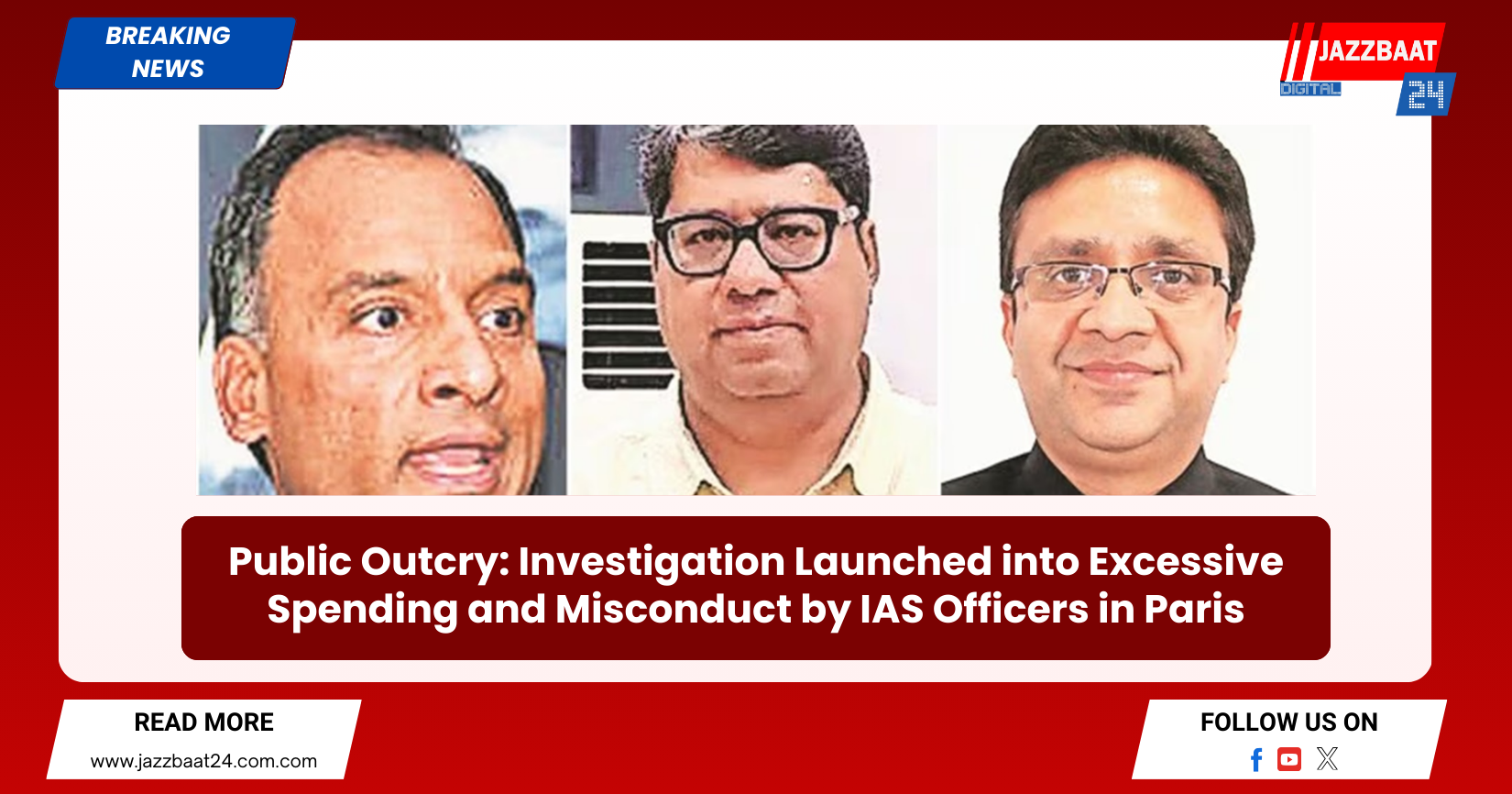A public outcry has ensued following revelations that three Indian Administrative Service (IAS) officers overspent by ₹6.71 lakh during their official trip to Paris, where they not only changed hotels but also overstayed, raising serious questions about fiscal responsibility and ethical conduct.
The controversy erupted after an audit exposed the extravagant expenditure incurred by the officers, who were representing the Indian government on a diplomatic mission. Documents reveal that the officials deviated from the approved itinerary, opting for luxury accommodations and extending their stay beyond the sanctioned period without valid justification.
The unauthorized spending, which amounted to a significant sum, has sparked outrage among taxpayers and government officials alike, who are demanding accountability and transparency in public expenditure. Critics argue that such flagrant disregard for financial regulations and official protocols undermines public trust and tarnishes the reputation of the civil services.
In response to mounting pressure, the government has initiated a thorough investigation into the matter, vowing to take appropriate action against those found guilty of misconduct and misappropriation of funds. The Prime Minister's Office has directed the concerned authorities to expedite the inquiry and ensure that the culprits are held accountable for their actions.
The incident has reignited the debate over the need for stricter oversight and accountability mechanisms to prevent misuse of public funds and uphold the integrity of government institutions. Calls for greater transparency and accountability in official dealings have grown louder, with many demanding stringent measures to curb wasteful expenditure and enforce fiscal discipline.
The role of civil servants as custodians of public resources carries with it a solemn duty to uphold the highest standards of integrity and probity. Instances of misconduct and financial impropriety not only erode public confidence but also undermine the effectiveness of governance systems, hindering efforts to foster sustainable development and inclusive growth.
As the investigation unfolds, there is a pressing need for institutional reforms and ethical training programs to instill a culture of accountability and responsibility among civil servants. The government must also implement robust mechanisms for monitoring and auditing official expenditures to prevent recurrence of such incidents in the future.
In the wake of the Paris expenditure scandal, the onus is on the authorities to restore public trust and demonstrate their commitment to transparent and accountable governance. Swift and decisive action against erring officials is imperative to send a clear message that misconduct and misuse of public funds will not be tolerated under any circumstances.

